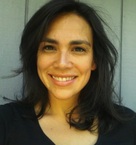 The Value of Community Based Learning: Knotweed Removal -Alice Tsoodle When I first signed up for classes at UW Bothell, I was told that I would enjoy Wetlands Ecology. But when I stepped into the windowless classroom I was skeptical and a little claustrophobic. I settled into my seat, preparing to see pictures of nature and the words that seek to define and categorize. And, as expected, there was a brief slide show with clear ideas laid out. And that is where the typical classroom experience ended. We walked from the dark basement, through a door I hadn’t noticed coming in, and out into the fresh air. A short, brisk walk down some stairs and I stepped into the pictures shown in the classroom. Over the course of that quarter, I was able to lay my hand flat on a boulder deposited by the Vashon glacier while I learned about the morphology of the Puget Sound. I held a pinecone stuffed with frightened mice as I learned to scan the ground for clues to identify trees. I sloshed through sticky smelly mud while learning about beavers and salmon fry. All of these experiences were enhanced by the passionate and informative lectures of the always-charismatic Dr. Amy Lambert. Needless to say, I went on to take every class that she had available. One of those classes was Art and Restoration and it was there that I learned about the profound value of stewardship through my own volunteer work at the North Creek Forest. On Monday, I was lucky enough to observe Dr. Lambert’s most recent Art and Restoration class as they cleared out a large mass of invasive Japanese knotweed. It was interesting to watch them, because I knew some of the questions they were pondering, the ideas they were struggling with. I knew that they had trekked through many wild areas, got dirt under their fingernails and leaves in their hair. I knew that they were figuring out their place in nature. I watched them as they gave their blood, sweat, and sometimes, tears to the forest. And most importantly, I knew that a fraction of those students would walk away satisfied with their hard work and come back as stewards to our local forests. It was because of Dr. Lambert and Friends of North Creek Forest that I became interested in environmental community based learning. It is amazing to me how different my experience at UW Bothell was in contrast with the flat experiences I had at other colleges. What better way to reach people then to introduce them to the amazing natural world around them and trigger a multi sensory experience that is unforgettable. While these students were removing the Japanese knotweed they were learning the ecology behind invasive species. 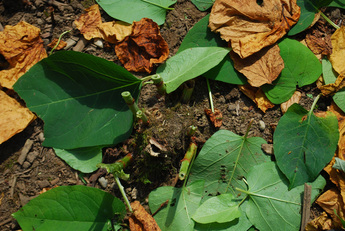 A plant species is considered an invasive species if it has the ability to disperse to a site, the ability to adapt to the physical environment of the new site, and the advantage in its interactions with species already present on the site. The Japanese knotweed, or Fallopia japonicais is an invasive species because it satisfies all of these factors. It began as an ornamental perennial plant, which proceeded to grow out of control. The knotweed has a rhizome, or root ball, that can shoot out several separate plants in one season. It is also able to reproduce from bits of fallen leaves and stems, which make it particularly successful in spreading when it grows around waterways. It can tolerate a wide variety of conditions, including deep shade, high temperatures, poor soils, and drought. The knotweed has the ability to sprout earlier in the season then native plants, which allows it to use up limited resources such as space, water, nutrients, and sunlight. 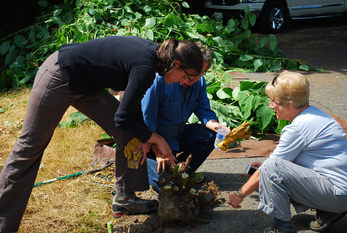 The good news is that the plants are beginning to lose fecundity, or the number of plants it can produce per rhizome. When I was in this class last year, it took 43 people 4 hours to clear the same patch of knotweed. This year 22 of Amy Lambert’s students, with the help of faithful stewards rounded up by Friends of North Creek Forest, cleared the same patch in 2 hours. With each clearing the rhizome weakens and in about two years, the site will be ready for a restoration project fit for UW-REN. When there are inspiring and dedicated stewards like Dr. Lambert involved, there is hope that we can restore and preserve the North Creek Forest and continue to educate and inspire many souls. Ref:
Howell, Evelyn A. Harrington, John A Glass, Stephen B. 2012. Introduction to Restoration Ecology. Washington: Island Press More photos here: https://www.facebook.com/media/set/?set=a.10201824541114458.1073741835.1210331500&&l=3761481d04 Our level of stewardship is made possible by a grant from the Rose Foundation. Thank you, FNCF
3 Comments
8/6/2013 03:03:16 am
Nice! I wish that every young person could experience field-based ecology like Alice has. Many thanks to her for sharing her experiences in North Creek Forest.
Reply
8/6/2013 10:35:21 am
There have been way over two hundred students who have now been involved in some kind learning in the forest. Thanks to your work and many others it is possible this may become a part of curriculum for even more students someday.
Reply
Kent Parkinson
8/7/2013 10:48:57 am
Wish I could have been there, I look forward to continued stewardship practices come fall quarter. I miss the forest and the people who work to enhance it ecological diversity for others to learn and more importantly grow.
Reply
Leave a Reply. |
Categories
All
__Archives
March 2020
|

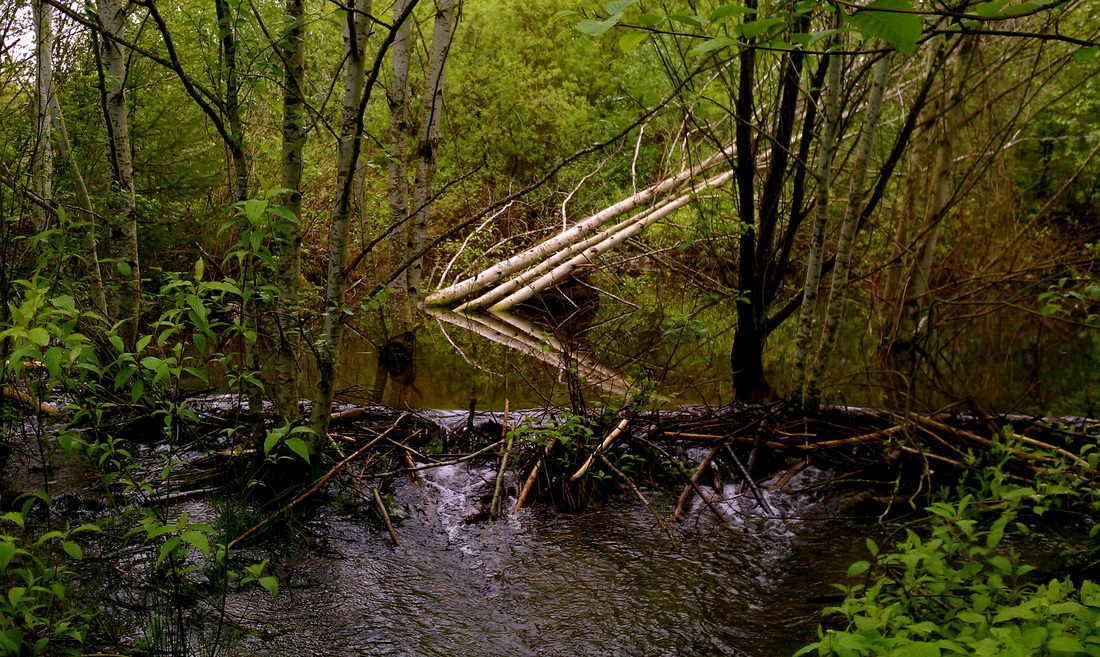
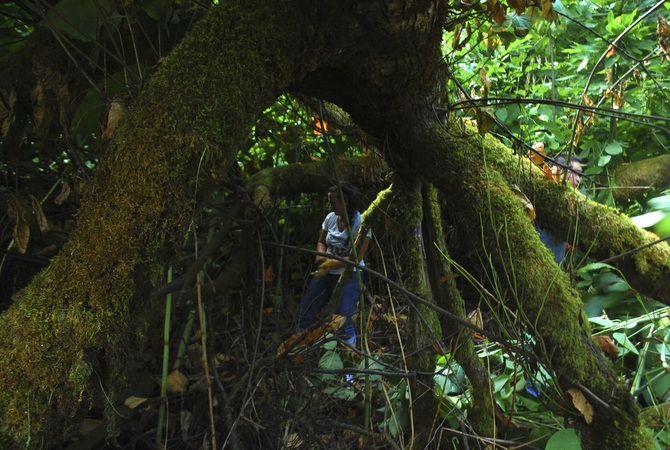
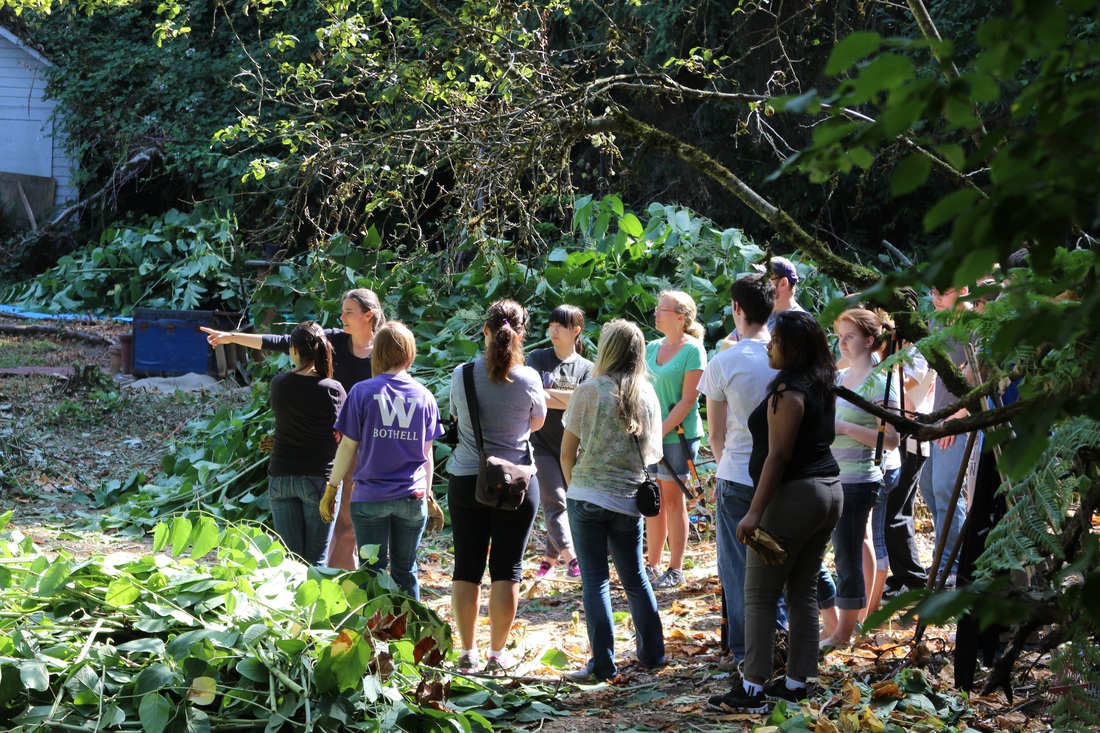
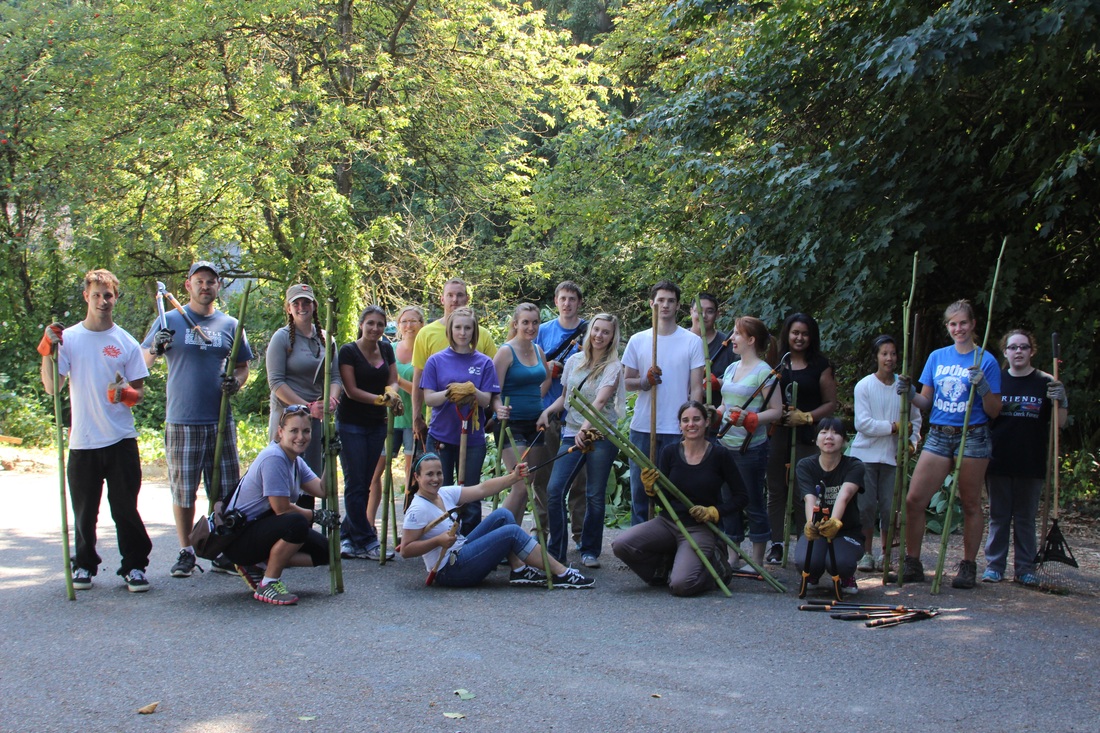
 RSS Feed
RSS Feed
